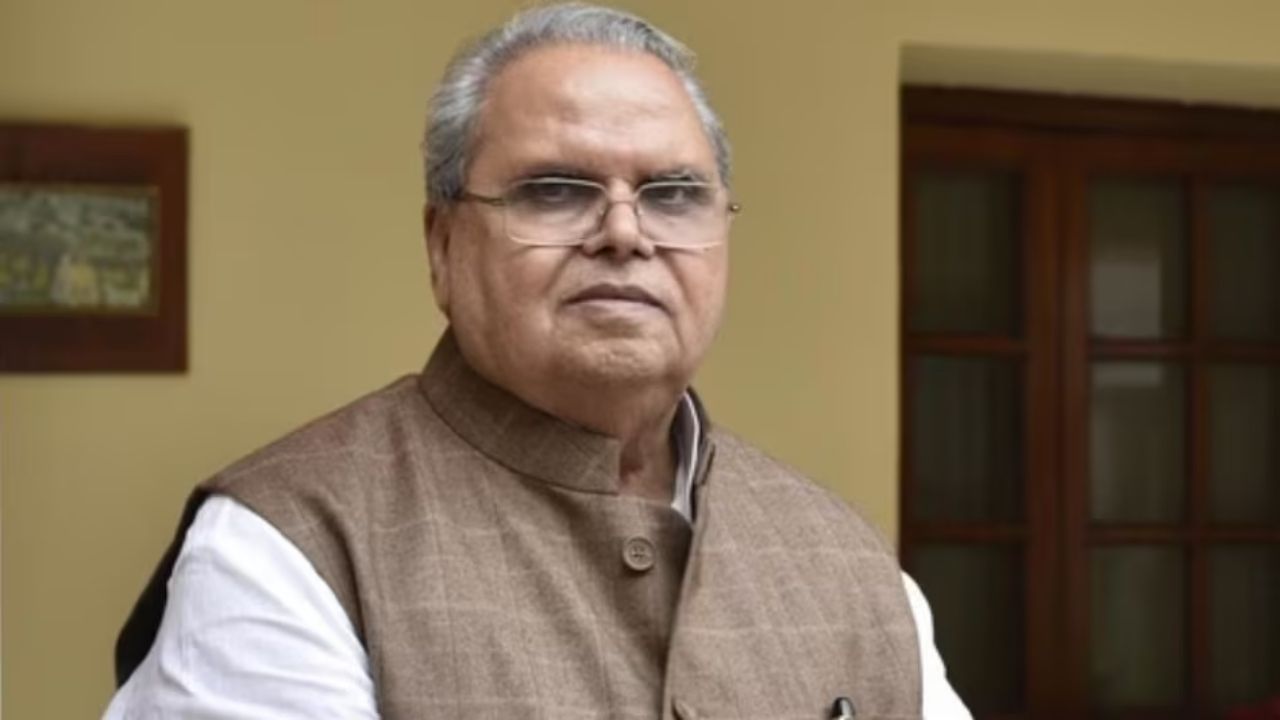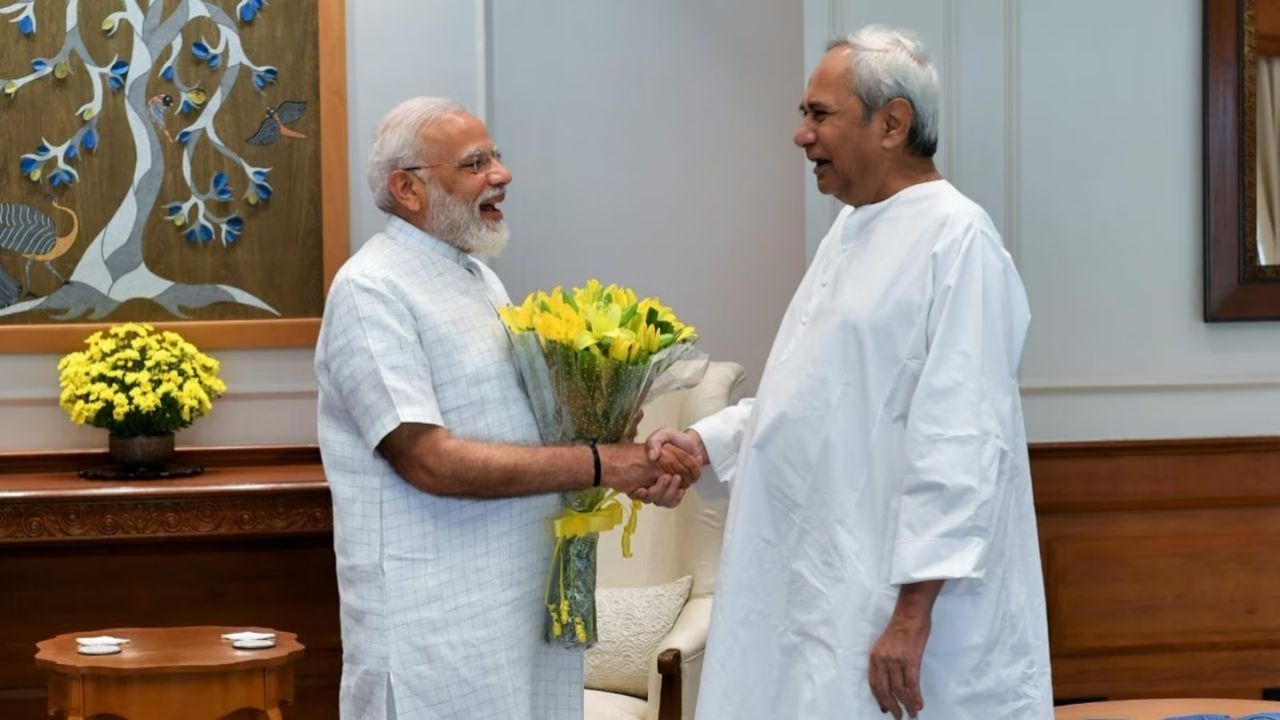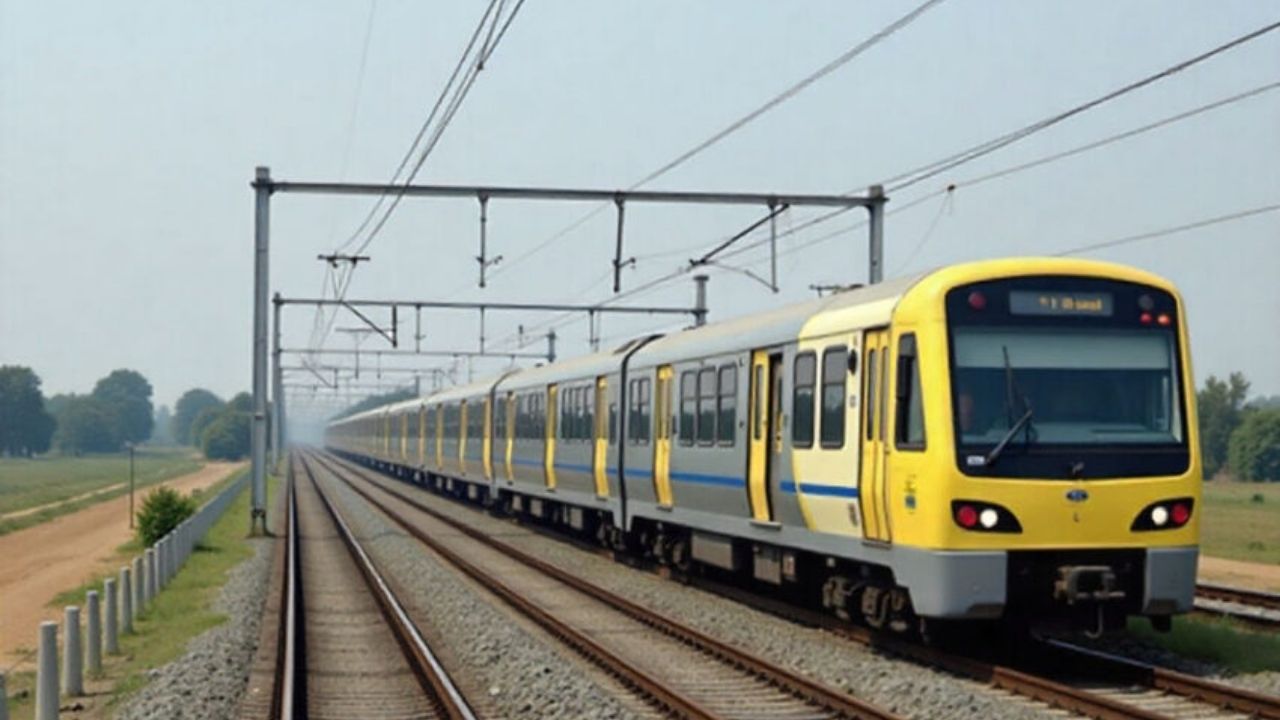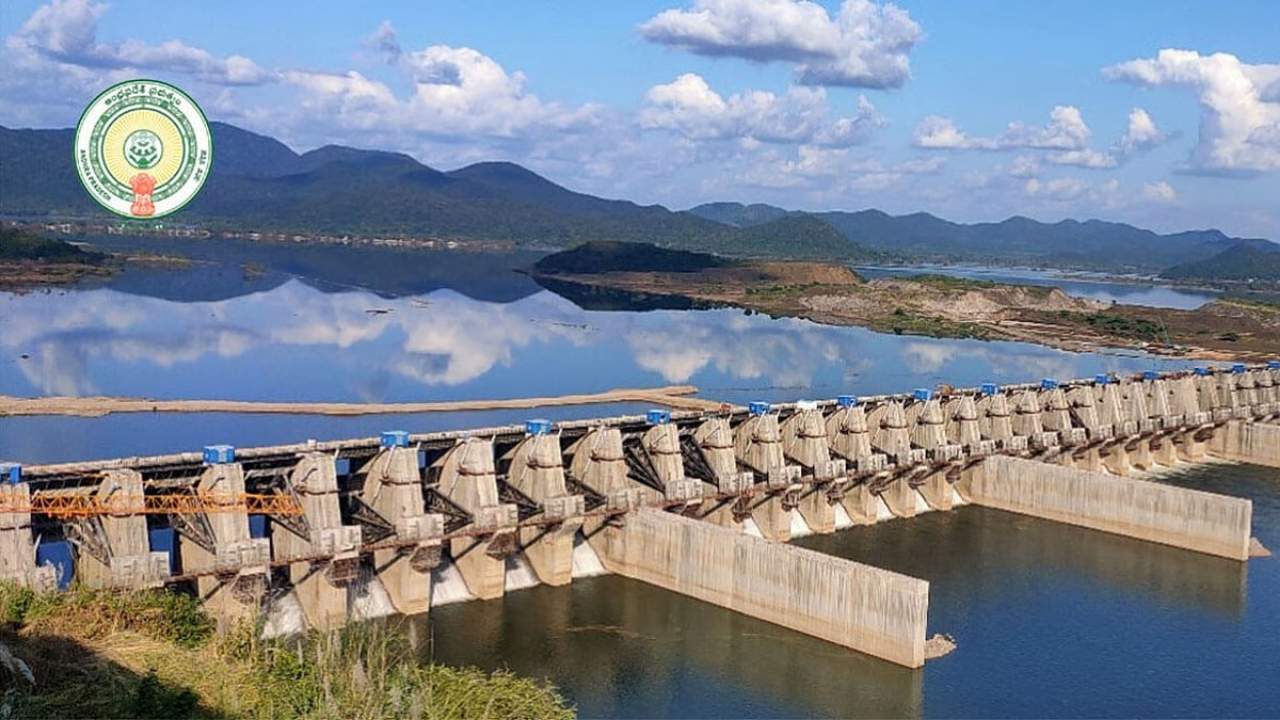NEW DELHI – Satyapal Malik, a veteran politician whose tenure as the last governor of the former state of Jammu and Kashmir saw the Indian government revoke its 70-year-old special autonomy, passed away Tuesday. He was 79.
Officials at a private hospital in New Delhi, where he was admitted last week, confirmed his death, attributing it to complications from a prolonged illness. A career politician known for his candid and often controversial statements, Malik’s legacy is defined by his role in the monumental 2019 reorganization of Jammu and Kashmir and his later transformation into a sharp critic of the central government he once served.
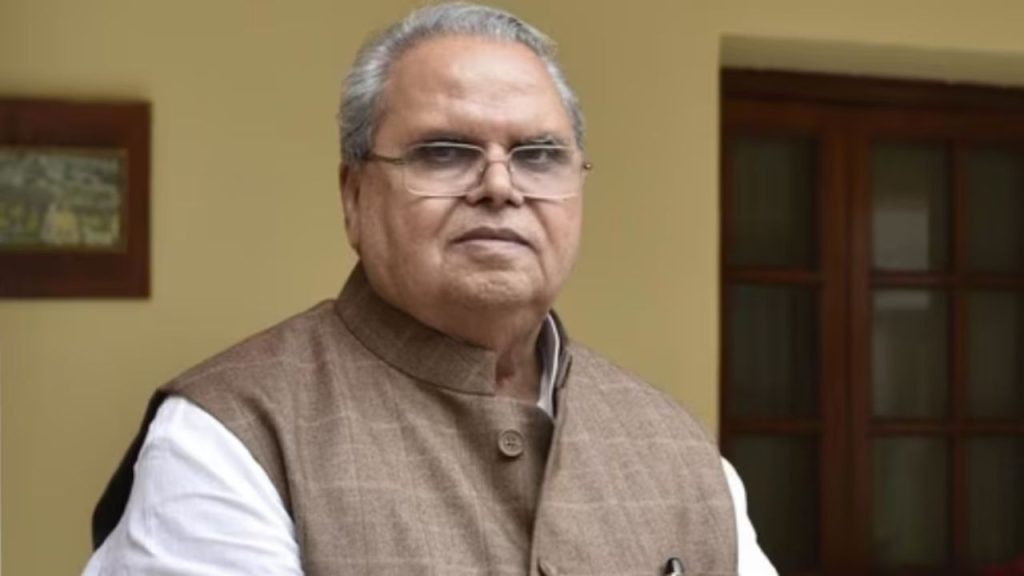
Satyapal Malik, Last Governor of Jammu & Kashmir State
| Key Role / Event | Significance |
| Governor of Jammu & Kashmir | Oversaw the August 2019 abrogation of Article 370, ending the region’s special status. |
| Pulwama Attack Allegations | Claimed the 2019 terror attack could have been averted and alleged he was told to “remain silent” on security lapses. Interview with The Wire |
| Support for Farmers’ Protests | While serving as Governor of Meghalaya, he publicly sided with farmers protesting against controversial farm laws. The Indian Express |
| Multi-Party Career | A socialist in his early days, he was associated with multiple political parties, including the Janata Dal and the Bharatiya Janata Party (BJP). |
Presiding Over a Historic Shift in Kashmir
The most defining chapter of Satyapal Malik’s career began with his appointment as the governor of Jammu and Kashmir in August 2018. He was the first career politician to hold the post in decades, a departure from the usual practice of appointing retired bureaucrats, intelligence chiefs, or military generals.
His governorship reached its climax on August 5, 2019. Under his watch, the central government led by Prime Minister Narendra Modi unilaterally revoked Article 370 and Article 35A of the constitution. These provisions had granted the state its own constitution, flag, and the power to make its own laws in all matters except finance, defense, and foreign affairs.
The move was preceded by an unprecedented security lockdown, a complete communications blackout, and the detention of hundreds of local political leaders, including former chief ministers. The government argued the decision was necessary to fully integrate the region with the rest of India, end separatism, and spur economic development. In a statement at the time, the Home Ministry said the move would “end the dark era of terrorism and separatism.”
Malik facilitated the transition, signing the necessary legal instruments that bifurcated the state into two federally-administered union territories: Jammu and Kashmir, and Ladakh. Critics, including international human rights groups, condemned the process as undemocratic and a violation of the rights of the Kashmiri people. A 2021 report from the Office of the U.N. High Commissioner for Human Rights (OHCHR) noted the “alarming” human rights situation following the 2019 changes.
From Governor to Government Critic
After his tenure in Jammu and Kashmir, Malik was transferred to serve as governor of Goa and then Meghalaya. It was during this period that his relationship with the central government visibly soured, and he began making public statements that put him at odds with the BJP.
The Pulwama Attack Controversy
His most explosive claims came in an April 2023 interview, where he spoke about the February 2019 Pulwama terror attack that killed 40 Central Reserve Police Force (CRPF) personnel. Malik alleged that a CRPF request for aircraft to transport troops was denied by the Home Ministry, forcing them to travel by road in a vulnerable convoy.
“I told the Prime Minister that it was our fault,” Malik claimed in the interview. “He told me to keep quiet and not to tell this to anyone.” These allegations, which implied serious security and intelligence failures, created a political firestorm. The government did not issue a formal rebuttal, though BJP leaders accused Malik of opportunism and political motivation.
A Varied Political Trajectory
Born in 1946 in Baghpat, Uttar Pradesh, Malik started his political life as a student leader with socialist leanings. His nearly five-decade-long career saw him navigate the complex landscape of Indian politics, moving between various ideological camps.
He was elected to the Uttar Pradesh Legislative Assembly in 1974 and later served in both houses of India’s Parliament, the Lok Sabha and the Rajya Sabha. Before his gubernatorial assignments, he served as a national vice president of the BJP and was appointed the governor of Bihar in 2017.
Political analysts note that Malik’s career reflects a brand of politics rooted in India’s agrarian heartland, often marked by a willingness to challenge party lines. “He was an insider who knew the system but was never fully co-opted by it,” said Dr. Rahul Verma, a fellow at the Centre for Policy Research, a New Delhi-based think tank. “His late-career transformation into a whistleblower, particularly on the Pulwama issue, cemented a complex legacy.”
Tributes came from across the political spectrum. Prime Minister Modi remembered him for his “long career in public service.” Opposition leader Rahul Gandhi praised him for “fearlessly speaking the truth.”
Malik is survived by his wife and a son. His political journey, from being the man on the spot during a pivotal moment in India’s history to one of its most trenchant critics, will remain a subject of intense debate and analysis.
Odisha BSE Vice President Linked to OTET Leak, Arrested by Crime Branch
Odisha Parents Urge Return of Wards from Jharkhand JNV Amid Abuse Claims
Vibrant Celebrations Mark Sambalpuri Din Across Western Odisha.
FAQ
1. What was Article 370 of the Indian Constitution? Article 370
granted temporary special autonomous status to the state of Jammu and Kashmir. It allowed the state to have its own constitution and legislative assembly with significant powers, limiting the Indian Parliament’s legislative authority over the state to just three subjects: defence, foreign affairs, and communications.
2. Why was Satyapal Malik’s role in its revocation significant?
As the sitting governor, Satyapal Malik was the constitutional head of the state. His formal recommendation was a legal prerequisite for the President of India to issue the orders that rendered Article 370 inoperative, thereby dissolving the state and reorganizing it into union territories.
3. What were his main allegations regarding the Pulwama attack?
Malik alleged that there were significant security lapses leading to the 2019 Pulwama terror attack. He claimed that the CRPF’s request for aircraft to move personnel was denied by the government, and that he was personally instructed by senior officials to “keep quiet” about these failures.

